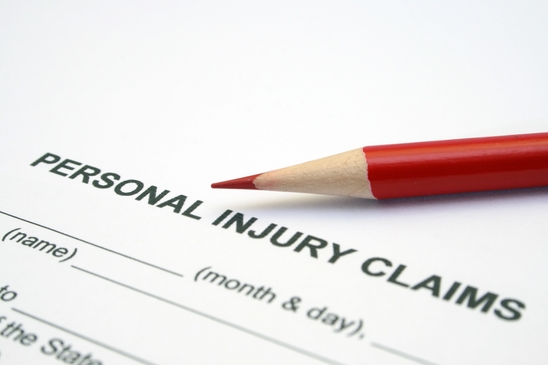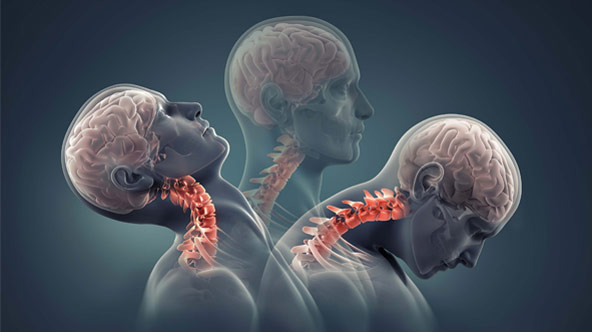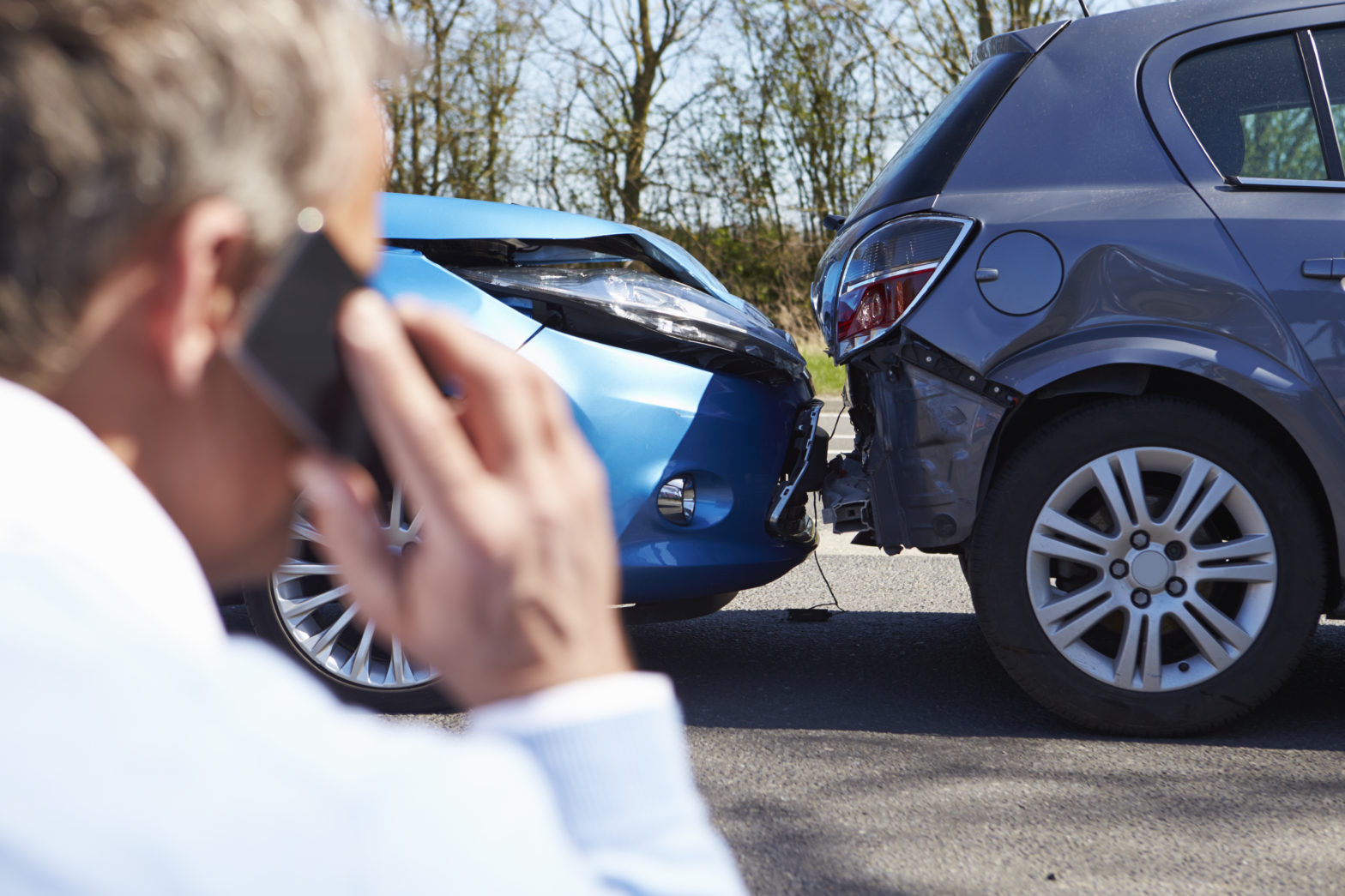1. No lawyer will ever know your case better than you do
2. Only you can know the extent of loss and suffering
3. No one is going to fight harder for your case than you
4. You can give your case top priority regardless of how big or small it may be
5. You won’t have to worry about working with an incompetent or dishonest person
6. You know that your best interest will be top concern
7. The middleman is cut out and you won’t have to wait on back and forth communication
8. Delay tactics of lawyers are no longer
9. You won’t have to worry about being stuck in a non-working relationship
10. You don’t have to pay any attorney fees!!!!!
Tag: Loss
What to Do When Accepting a Car Settlement
This is NOT your first concern right after the wreck – your health and pain is – and the insurance knows this very well. They use this state of you being in shock to their advantage. So, they want to throw you off your game and sidetrack you with a much smaller issue like the condition of your car. They will present it as an urgent time-limited matter (which is not the truth) in hopes that you are not thinking straightly to make a reasonable judgment.
When you come to think about it, however, settling for the vehicle is a big deal, because living in most places in the United States, you will NOT be able to get around for treatment or work without a vehicle, and most importantly you will not be able to able to continue your fight with the insurance. This is especially true for some new insurance policies where FULL-COVERAGE does not include a rental. Continue reading What to Do When Accepting a Car Settlement
3 Secret Effects of Whiplash Type Injuries
This following is based on a TRUE STORY, but is only a personal perspective from a REAL person after a REAL auto accident:
Whiplash is a tricky thing. After you have been in a car accident, you check yourself; you look good, no broken bones, no brushes, no bleeding, and you say to self, “self, I’m okay”. And in the moment you are okay, because your pain is masked by the overwhelming rush of adrenaline that is going through your body after such a trauma. And yes, even though you may have been in only a minor finder bender, you have gone through a trauma. Our bodies were not intended to be jerked around like so.
Then what happens with whiplash is you wake up the next day and are a little bit stiffness in your body and you try to convince yourself this is natural and you take a minor pain reliever. The medication is now the thing that is masking your problem and you say to yourself, “self, I’m okay”. You are embarrassed to make a big deal out of a non-obvious problem and try to convenience yourself it does not exist.
So, by the time you actually recognize you have a problem and go to a doctor, the x-ray show you have lost the natural curve in your neck and your spine is off-line. And of course you think no big deal and your doctor says give me 3-5 weeks and you will be fully recovered. Yes, you will feel okay because of being under current treatment and your alignment will look better, but for some reason you will never fully recover. When the treatment stops, your pain comes back. It can also come back accompanied with numbness, migraines and other problems you would never imagine. Then years down the road your problem with your loss of curve in your neck becomes so bad, your bones start to fuse together and surgery is the only relief you find.
And the trick here is that you have already signed a general release with the insurance company and you are stuck with a life time of pain, suffering, loss of life, and medical bills after medical bills.
CLICK HERE TO SEE CHART OF WHIPLASH INJURY: PHYSIOPEDIA.COM
What Do I Do After I Have Been In an Auto Accident?
1. Make sure you are okay. Your health is first priority.
2. Call the police so there can be an official report – remember if the wreck is honestly not your fault do not say you’re sorry or this could latter be understood as fault.
3. Take a quick picture with your phone – even if a car has come to a stop and the driver gets out they sometimes freak out and still leave the scene.
4. Exchange info making sure they are who they say they are. Ask for a drivers licence and not just take their word that they are “John Doe”. If they are illegal or a criminal at large, they don’t want you to have their real identity and may give you the name of whom the car they are driving is registered to for example. Also, if they give you a cell number, make sure you call it and it rings the phone if their possession.
5. Take more pictures. It is always funny that if you have plenty of pictures of the damages, the insurance company never needs them, but if you don’t have pictures they are all the sudden a must.
6. Stay on the scene until you are allowed to seek medical attention. It is always the best policy to get checked out just in case because of all the emotions and adrenale going through your system.
What You Should Know About Loss of Consortium and Intimacy Claims
Well, did you know that if you are suing for a personal injury loss then your spouse can also file a claim due to their loss because of your loss. This is what a Loss of Consortium and Services Claim is and is that the opposing counsel doesn’t want you to know about. So let’s say your husband is in a wreck and he is not able to mow the yard or repair the car for you, then you are able to say that I have a loss of life because you now have to mow the yard and repair the car on your own.
You can even make a claim for the intimate loss in your relationship as well if you are willing to go into details which can be very uncomfortable when you are deposed or on the witness stand. If you make this claim be aware that all details will be open for exploration and you have to make a decision if you are able to go under such pressure on the witness stand.
What is a Loss of Consortium and Services Claim?
Well, did you know that if you are suing for a personal injury loss then your spouse can also file a claim due to their loss because of your loss. This is what a Loss of Consortium and Services Claim is. So lets say your husband is in a wreck and he is not able to mow the yard or repair the car for you, then you are able to say that I have a loss of life because now you have to mow the yard and repair the car. Or basically you have to pick up all the slack.
You can even make a claim for the intimate loss in your relationship as well if you are willing to go into details which can be very uncomfortable when you are deposed or on the witness stand.
Top 8 Secretes of an Insurance Adjuster
I would personally hate to be an insurance adjuster. They are highly trained to get a quick settle for the least amount of money regardless of personal loss and damages.
They have many tricks up their sleeves including:
PROPERTY DAMAGES ASPECTS
1. Getting you to sign a document for the auto settlement but it is really a complete release. Meaning that they are not responsible for your personal injuries. Never sign anything in haste. Never sign any thing that says “GENERAL RELEASE”. Get a second opinion. And don’t sign it if it smells fishy.
2. They will catch you at awkward times like right before work, at the end of the office day when there is a rush to make a decision, or the day after the wreck when you are not thinking correctly.
3. They will attempt to get out of responsibility as quickly as possible and be very forceful and come close to threatening so that you will settle. Don’t worry. Slow things down as much as you would like.
4. They will use intimidating, unfamiliar legal terms so that you feel pressured to listen to them as an authority.
PERSONAL INJURY ASPECTS
5. They may indirectly attack that you are seeking treatment via a chiropractor; however they will always begin by saying something like “I can’t tell you what type of treatment to seek, but if you go to “X” type of treatment we do not guarantee coverage.
6. They will try to give you a somewhat tempting settlement before you are completing better.
7. They keep a great distance so that nothing becomes personal. They will not listen to your pain and suffering and disregard it as any part of any settlement offer.
8. The insurance adjuster may call your attending physician to negotiate your medical costs behind your back.



